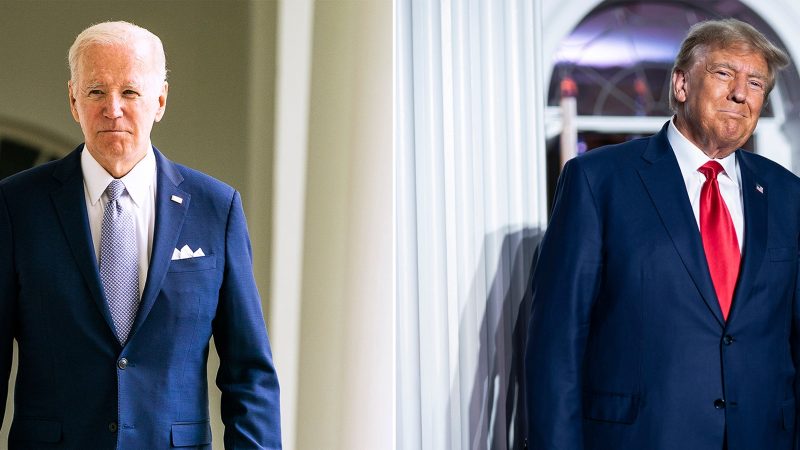The battle between former President Donald Trump and President Joe Biden over the 2017 Tax Cut has been a focal point of the economic debate in the United States. The Tax Cut and Jobs Act of 2017, signed by President Trump, brought forth sweeping changes to the country’s tax system. However, with the change in administration, President Biden seeks to impose his own views on tax policy, leading to a clash of economic ideologies.
President Trump’s administration championed the 2017 Tax Cut as a means to stimulate economic growth, create jobs, and provide relief to American taxpayers. The legislation lowered the corporate tax rate from 35% to 21%, aiming to make American companies more competitive globally. Additionally, the Tax Cut and Jobs Act reduced individual tax rates across most brackets, thereby leaving more money in the hands of taxpayers.
President Trump touted the success of the tax cuts, pointing to increased investment, job creation, and a booming economy as evidence of its effectiveness. Proponents of the tax cut argued that it fueled economic growth, leading to a decrease in unemployment rates and an increase in wages.
President Biden’s administration, on the other hand, has criticized the 2017 Tax Cut for benefitting the wealthy and corporations disproportionately. President Biden proposes to increase the corporate tax rate to 28%, arguing that corporations should pay their fair share to fund critical infrastructure projects and social programs. Biden’s plan also includes raising income taxes on individuals earning more than $400,000 annually.
The clash between the two administrations highlights the ideological differences in tax policy. While Trump focused on trickle-down economics, believing that tax cuts for corporations and the wealthy would benefit all Americans, Biden emphasizes the need for a fairer tax system that places a greater burden on the wealthy to address income inequality.
The debate over the 2017 Tax Cut extends beyond economic principles and delves into broader societal issues. Supporters of Trump’s tax policy argue that cutting taxes stimulates economic growth and benefits all Americans through job creation and higher wages. On the other hand, proponents of Biden’s tax proposals argue that higher taxes on corporations and the wealthy are necessary to address income inequality and fund social programs for the less privileged.
As the battle over the 2017 Tax Cut continues, the future of America’s tax policy remains uncertain. The clash between the economic philosophies of the Trump and Biden administrations exemplifies the ongoing debate over the role of government in shaping the country’s economic landscape. Ultimately, the resolution of this battle will have profound implications for American taxpayers and the broader economy.

